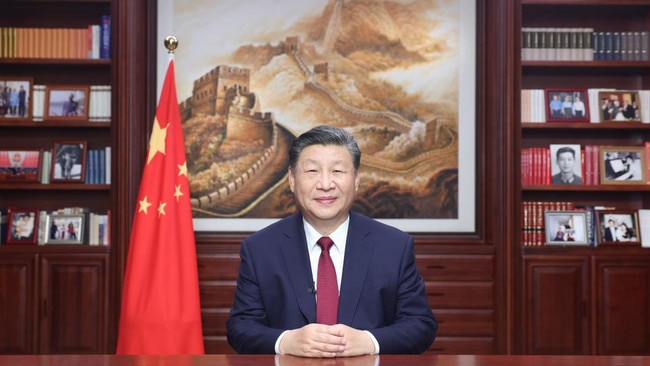
He reiterated this in an end-of-year address last Sunday. Both sides of the Taiwan Strait, he asserted, should feel bound by a common sense of purpose: the rejuvenation of the Chinese nation.
It has plainly escaped him that Taiwan has long since been rejuvenated, while China, under Xi’s rule, is regressing badly. Who will tell the Big Man?
His ambassador to our country, Xiao Qian, remarked not long ago that the Communist Party would take Taiwan, at whatever the cost, and re-educate its people “to understand their place in the Chinese world”. Just, one imagines, as it is currently re-educating the Uighurs, the Tibetans and the people of Hong Kong. And, of course, Xi is purging the Communist Party itself, from top to bottom – re-educating it to know its place in Xi Jinping Thought.
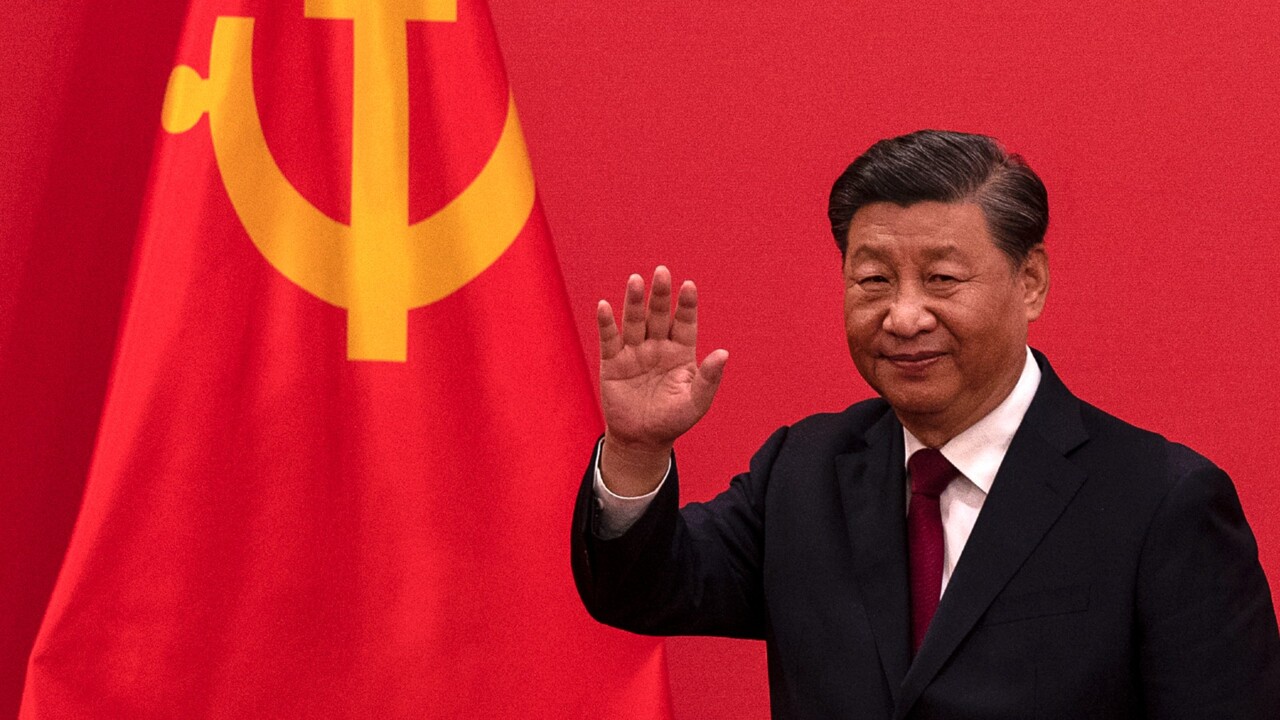
That’s the authoritarian model Xi touts as somehow new and visionary. It’s brutal and stultifying. Yet it’s also common knowledge that there are influential people in Australia who think that whether or how Taiwan is intimidated and subordinated by Beijing is none of our business and hardly matters. Our one-time foreign minister Bob Carr remarked, not long ago, that if the worst that happened to Taiwan under a hypothetical Chinese government was what had just happened to Hong Kong, he could live with that. Our one-time prime minister Paul Keating has derided Taiwan’s freedoms as those of a “so-called democracy”.
But Australians should be very uncomfortable at the idea of Taiwan being suffocated by Beijing. Taiwan has almost as many people as Australia, is a major trading partner of this country, sits right athwart the Taiwan Strait running from the South China Sea up into northeast Asia, and is aligned with all the values avowed by the liberal democracies, including South Korea, Japan and The Philippines, stretching from the frigid eastern reaches of Vladimir Putin’s Russia right along China’s coast. We are part of that great chain of democratic states. We should not lightly accept the idea of it being ruptured.
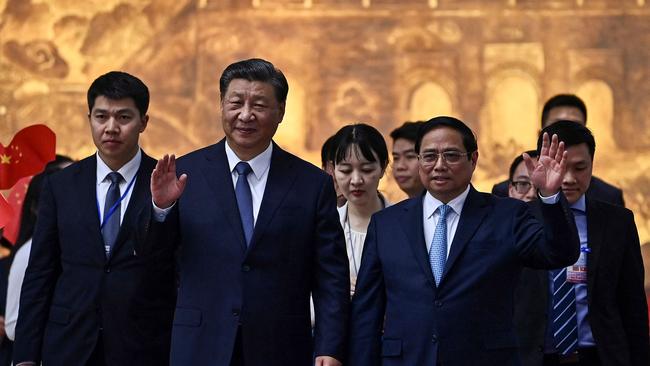
Long ago Taiwan was called the Isla Formosa, the “beautiful island”, by the Portuguese. It was not then and never had been a territory of any Chinese dynasty. It was a tropical island off the coast of Ming China. The Manchus, who conquered China in 1644, sent an expeditionary force to Taiwan some years later to subdue a recalcitrant Ming admiral, Koxinga, but never sent a governor there until the late 1880s and never developed the island in any way.
They ceded the island to Japan in 1895 after losing the 1894-95 Sino-Japanese War. The Japanese developed the island in a purposeful and effective manner, building ports, roads and schools, draining swamps and initiating agriculture and commerce. But in 1945, with the US defeat of Japan, Nationalist (Guomindang) China, under Chiang Kai-shek, claimed the island, was handed control of it and sent military forces to occupy it.
Chiang’s warlords governed Taiwan so badly between 1945 and 1947 that there was a mass uprising against Chinese rule by the Taiwanese in February 1947. Chiang’s army crushed it, executing many thousands, and imposed martial law. It would be 40 years before the Taiwanese resistance, embodied in the Democratic Progressive Party, formed in 1986, was permitted to participate in politics. A takeover now by Beijing would constitute a regression to the dark days of Nationalist Chinese dictatorship.
Taiwan, as a place of human habitation and community, is more beautiful than ever and almost entirely because it has not been governed by the Communist Party at any point. It may have suffered repression under Chiang, but nothing as devastating as what Mao Zedong inflicted on China during the same years.
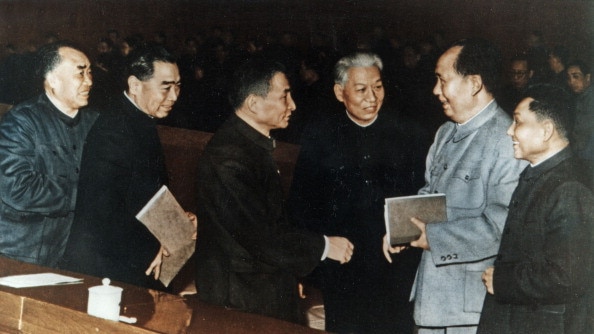
When, in 1984, Deng Xiaoping sent emissaries to Chiang Ching-kuo, the son and heir of Chiang Kai-shek, with whom he had gone to Leninist school in Moscow in the 1920s, suggesting reunification, CCK replied: “It’s too late for that. The people of Taiwan don’t want communism, they want capitalism. And they don’t want dictatorship, they want democracy. We are going to give them both.”
Taiwan is now a thriving, democratic state that has nothing to gain from a communist takeover and a great deal to lose.
On January 13 there will be lively, open-ended, multi-party elections, with a diverse slate of candidates fielded by three political parties: the Democratic Progressive Party, which has governed for the past eight years, led by the impressive President Tsai Ing-wen; the Guomindang; and the Taiwan People’s Party.
Until recently, the DPP was expected to win in a canter. The race has narrowed. One of the reasons it seems to have narrowed is a relentless CCP disinformation campaign on 21st-century TikTok lines. The outcome now seems too close to call. But the DPP still retains a slim lead and its presidential and vice-presidential candidates, William Lai Ching-te and Hsiao Bi-khim, are an impressive pair. The latter is clearly presidential material herself.
Amid Beijing’s sabre-rattling and propaganda, and the dismissive remarks about Taiwan by Beijing’s apologists in this country, it seems worth recalling the remark by our own Percy Spender, in a top secret cable from London to Canberra dated September 8, 1950: “Our objective should be ultimately to hold a plebiscite to determine whether the Formosans wished to become independent or to effect a union with the mainland of China. When we consider Formosa’s checkered political history it is by no means certain that they would freely elect for union.”
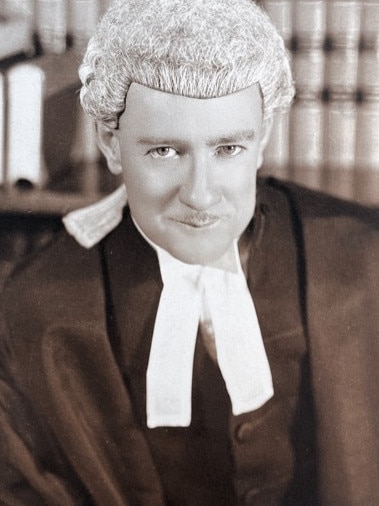
Seventy-three years on, it is surely clear that they would elect for independence. A liberal China, a China genuinely seeking rejuvenation and a better world order, would offer them the choice and build as constructive a relationship with Taiwan as Britain has with its former, long since independent, settler colonies in Canada, Australia, New Zealand and elsewhere.
But Xi’s China is the antithesis of a liberal state. It is an ultra-authoritarian state whose twisted aspirations to “national rejuvenation” are taking it up a blind alley to stagnation, social crisis and potential catastrophic war.
That is what should be on all our minds as the Taiwanese people go to the polls on January 13. That’s what’s at stake in Asia, just as the brutal arrogance of Putin has thrown into high relief what is at stake in Europe, and Iran is showing what is at stake in the Middle East.
Things are finely balanced globally right now. Our collective strategic need is to hold that balance against the forces of imbalance and regression. That’s what’s at stake as Lai and Hsiao appeal to the voters of Taiwan for a renewed DPP mandate. That contra Xi and totalitarianism.
Paul Monk is the author of a dozen books, including Thunder From the Silent Zone: Rethinking China.



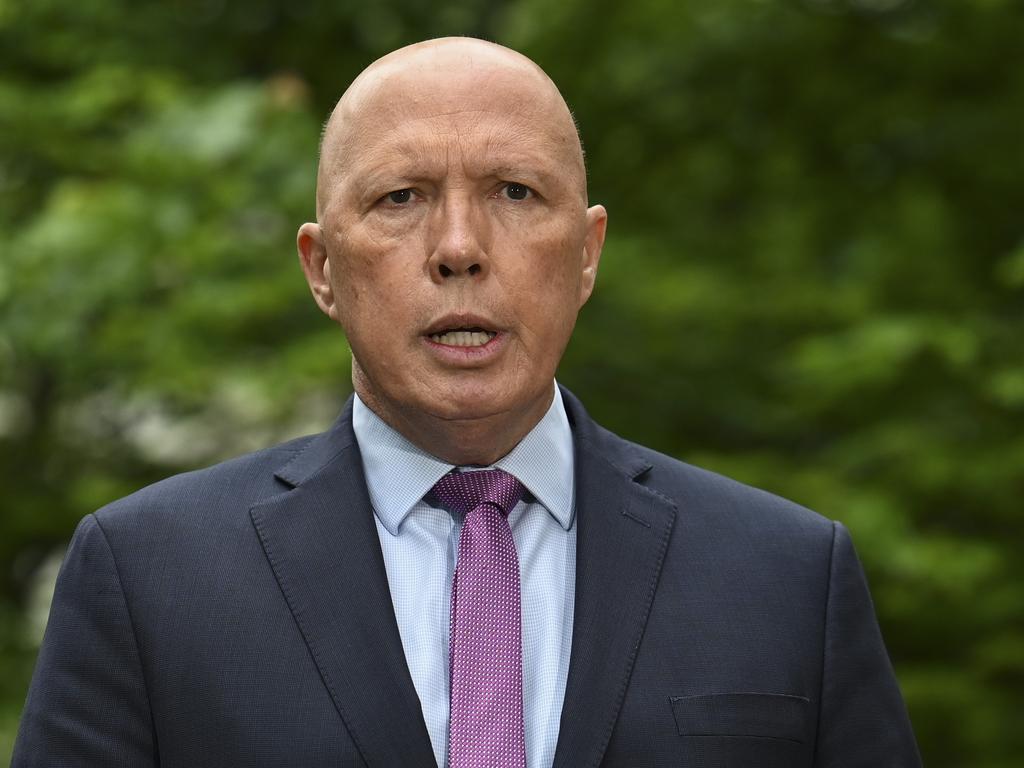
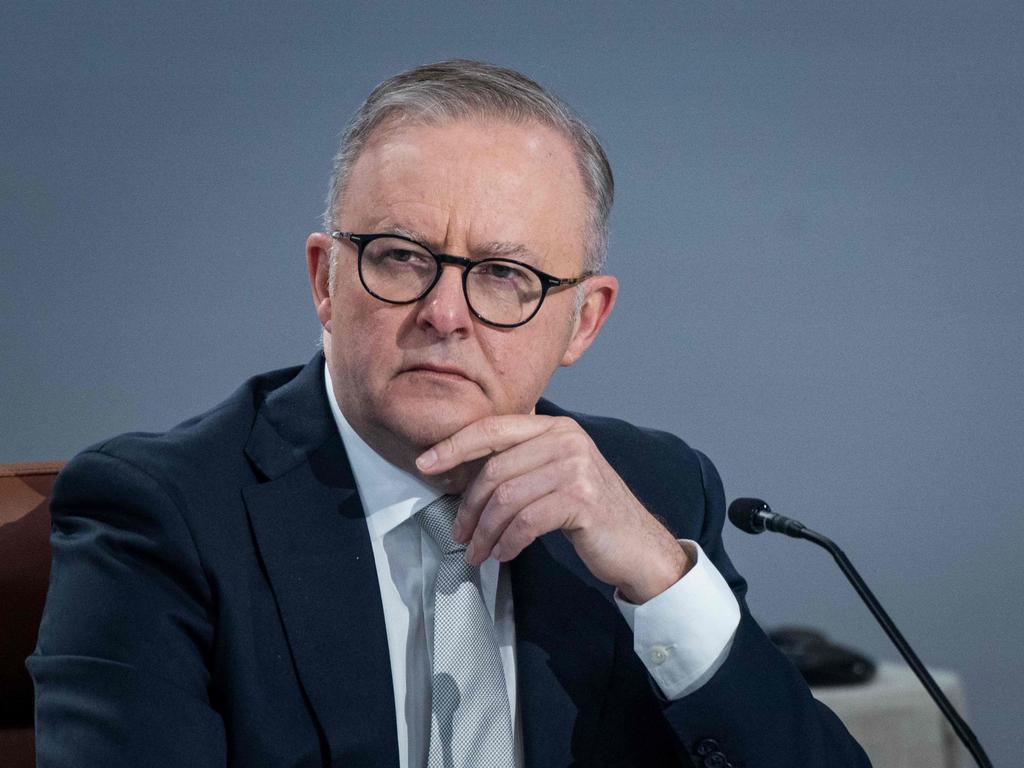
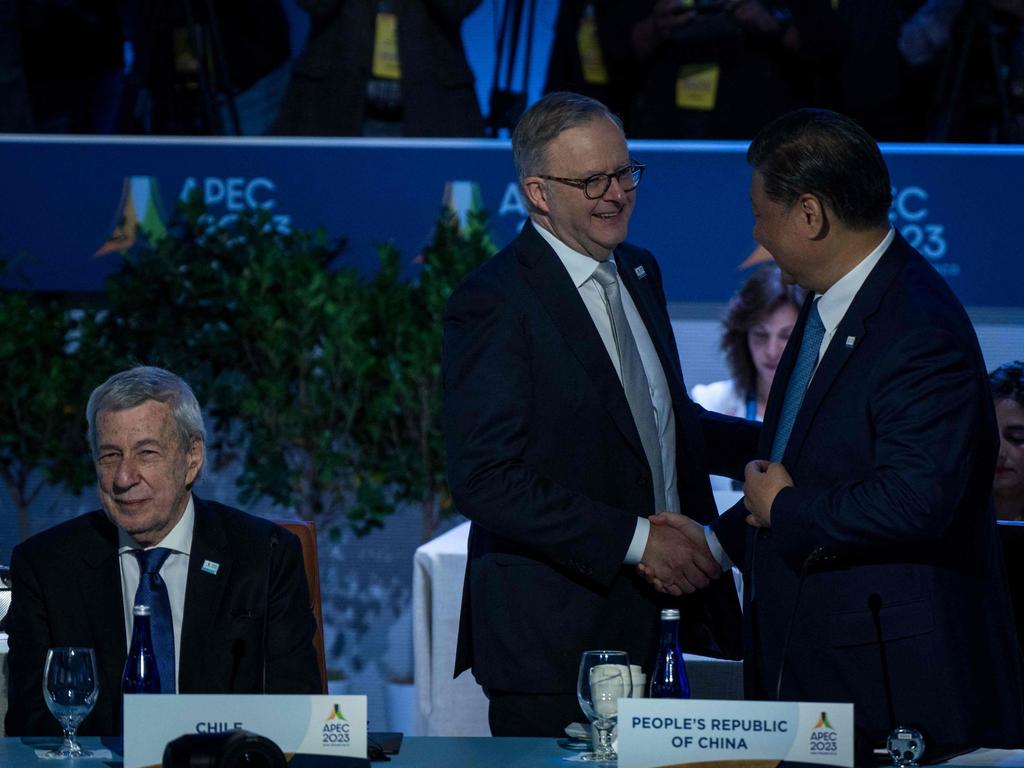


It’s common knowledge that Xi Jinping and his Chinese Communist Party insist they will assert control over Taiwan; that this is inevitable.